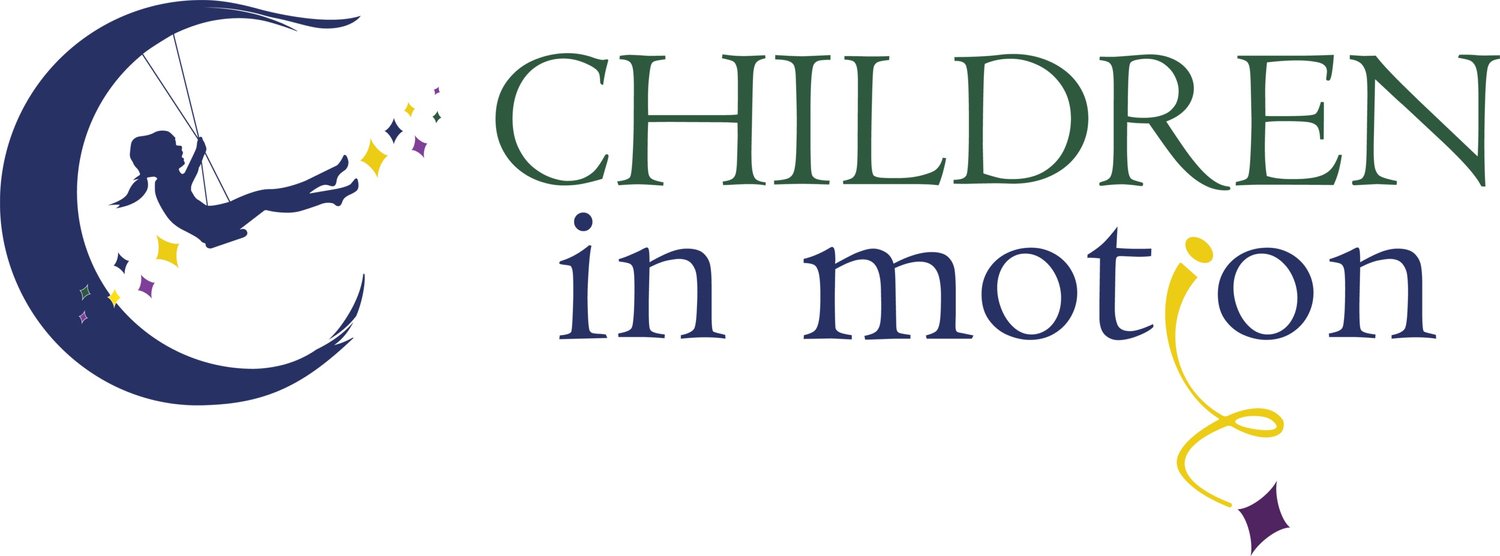Helping Children with Social Skills: Tips for Parents
Watching your child struggle to make friends or feel out of place in social situations can be hard. Social skills are so important—they’re how we build relationships, share emotions, and work with others. If your child has challenges in this area, there are plenty of ways you can help them feel more confident and connected.
Here are some simple, practical ideas to get started.
1. Set an Example
Kids learn a lot just by watching us. Show them what positive social interactions look like. Greet neighbors with a smile, thank the grocery clerk, and take turns in conversations. These small, everyday actions can make a big impression on your child.
2. Practice Makes Progress
Role-playing is a fun way to prepare your child for common social situations. Pretend you’re meeting someone new, joining a game, or solving a disagreement. Take turns being the child and the other person in the scenario. These pretend interactions can help your child feel more ready for the real thing.
3. Teach Them to Think About Others
Empathy is the heart of strong social skills. Encourage your child to think about how others might feel. For instance, you could ask, “How do you think your friend felt when you didn’t let them have a turn?” Helping your child see things from another perspective builds understanding and kindness.
4. Join Group Activities
Activities like sports, art classes, or clubs can give your child a chance to practice social skills in a low-pressure setting. These structured environments help kids learn teamwork, communication, and how to get along with different personalities.
5. Try Visual Aids
For kids who need clear, step-by-step guidance, visual tools like social stories can be a big help. For example, a story might explain how to ask to join a game: “Watch the group, walk up, and say, ‘Can I play too?’” Breaking things down this way makes new situations less overwhelming.
6. Celebrate Their Efforts
When your child tries something new or makes progress, let them know you noticed. A simple “Great job sharing your toys!” or a high-five can go a long way in boosting their confidence and encouraging them to keep trying.
7. Set Small Goals
Every child grows at their own pace, so it’s important to set goals that match where your child is now. For example, if they’re shy, start with a goal like saying “hi” to one new person this week. Celebrate each little step forward.
How Children in Motion Can Help
At Children in Motion, we know every family has unique goals for their child’s social development. That’s why our therapy services are family-centered—parents and caregivers are part of every session. Together, we’ll create a plan that works for your child and fits your family’s needs.
Our occupational therapy services focus on building the skills that make social interactions easier, like taking turns, handling sensory sensitivities, and managing emotions. Using fun, hands-on activities in our fully equipped gyms, we help children feel more confident and capable.
For kids who need help communicating, our speech therapy services can make a big difference. We work on skills like expressing thoughts clearly, reading social cues, and having back-and-forth conversations. These are the building blocks of strong connections.
Whatever your child’s challenges, our team is here to help them thrive—and to support your family every step of the way.
Knowing When to Ask for Help
If your child continues to have a tough time with social skills, even with practice at home, it might be time to get extra support. Occupational therapy, speech therapy, or social skills groups can provide targeted help in a safe, supportive environment.
Final Thoughts
Helping your child build social skills takes patience and practice, but it’s worth it. With your support—and the right therapy—your child can learn how to connect with others and feel more confident in social situations.
If you’re ready to learn more about how we can help, reach out to us at Children in Motion. We’d love to talk with you and see how we can support your family.
References
American Academy of Pediatrics. "Building Resilience in Children." HealthyChildren.org.
National Association of School Psychologists. "Social Skills: Promoting Positive Behavior, Academic Success, and School Safety."
Centers for Disease Control and Prevention. "Developmental Milestones and Social-Emotional Development."

